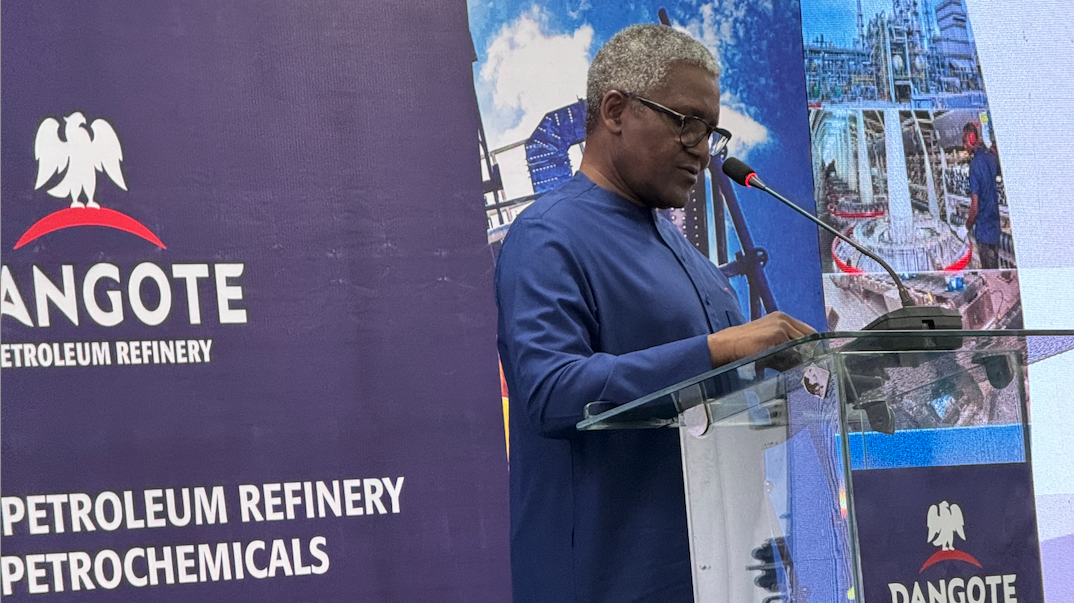Place your adverts here on InfoDig @ low rates; banner ads, sponsored links and guest articles etc. Contact us
A team of lawyers at Olisa Agbakoba Legal (OAL) have faulted the provision of N10 million for contravention in Nigeria’s National Digital Economy and E-governance Bill.
The bill, which is currently before the National Assembly seeks to create a comprehensive legal framework for the digital economy, covering aspects like electronic transactions, data protection, cybersecurity, and digital infrastructure.
With provisions for all natures of events that take place in the digital space as applicable to public service institutions, private establishments, and individuals, the offenses and contravention section provides for a fine of N10 million as punishment for offenders who contravene the provision of the bill.
“This punishment section seems to have a major red flag which is the fine amount, the fine is not commensurate with any breach that might occur nor does it tally with the salary that persons working in the institution might earn meaning the government would have 90% of the time be unable to recover this fine,” the lawyers stated in a review of the bill.
Alternative sanction
Suggesting alternatives to the fine, the lawyers recommend demotion, denial of promotion, termination of employment, and others as suitable punishment in this instance.
In the case of a body corporate, the lawyers noted that the money would be paid from government revenue, hence it would not in any way affect public institutions.
“The Act already provides that the Chief Executive Officer is liable then why is the body corporate responsible for the fine? He should be liable and it does not necessarily mean he should pay the 10 million fine, he can be removed.
“This would serve as a deterrent to others, instead of using the government money to pay fines and the person liable would continue to hold office without consequences,” they stated.
Regulatory clash
Part 13 of the Bill confers confers supremacy and overriding powers on it over the provisions of any other Law in all matters relating to the digital economy and e-government.
- This power is, however, subject to the provisions of the Constitution of the Federal Republic of Nigeria.
- The bill also gives the National Information Technology Development Agency (NITDA) concurrent jurisdiction with regulatory agencies and the relevant public institution having precedence over matters or conducts that affect the digital economy and electronic government.
- This part also gives the National Information Technology Development Agency the power to establish regulations on the use and adoption of new and emerging technologies as it relate to information technology.
- Reviewing this part, the lawyers described Part 13 of this bill as misleading, adding that it would lead to probable clashes between NITDA and other Government Agencies with jurisdiction over matters affecting the digital economy and electronic Government.
While noting that the Digital Economy and E-governance Bill presents a critical opportunity for Nigeria to accelerate its digital transformation and enhance its position in the global digital economy, the lawyers pointed out that a lot of other things need to be put in place for the bill to have an impact.
“For the bill to be effective, Nigeria must address the existing challenges of infrastructure development, digital literacy, and cybersecurity enforcement.
“With proper implementation, the bill can unlock the full potential of Nigeria’s digital economy and position the country as a leader in the digital era,” they noted.
What you should know
Speaking during a media engagement on the Bill, which was held in Abuja recently, the Minister of Communications, Innovation, and Digital Economy, Dr. Bosun Tijani, said when passed into law, it would provide a legal framework and accelerate progress in the digital economy agenda.
He added that the bill would support the growth and transformation of Nigeria’s economy through the application and use of this technology in all facets of life in Nigeria.
According to him, when the bill is passed into law, it will be implemented in all the six geopolitical zones of the country.










)



)
 English (US) ·
English (US) ·